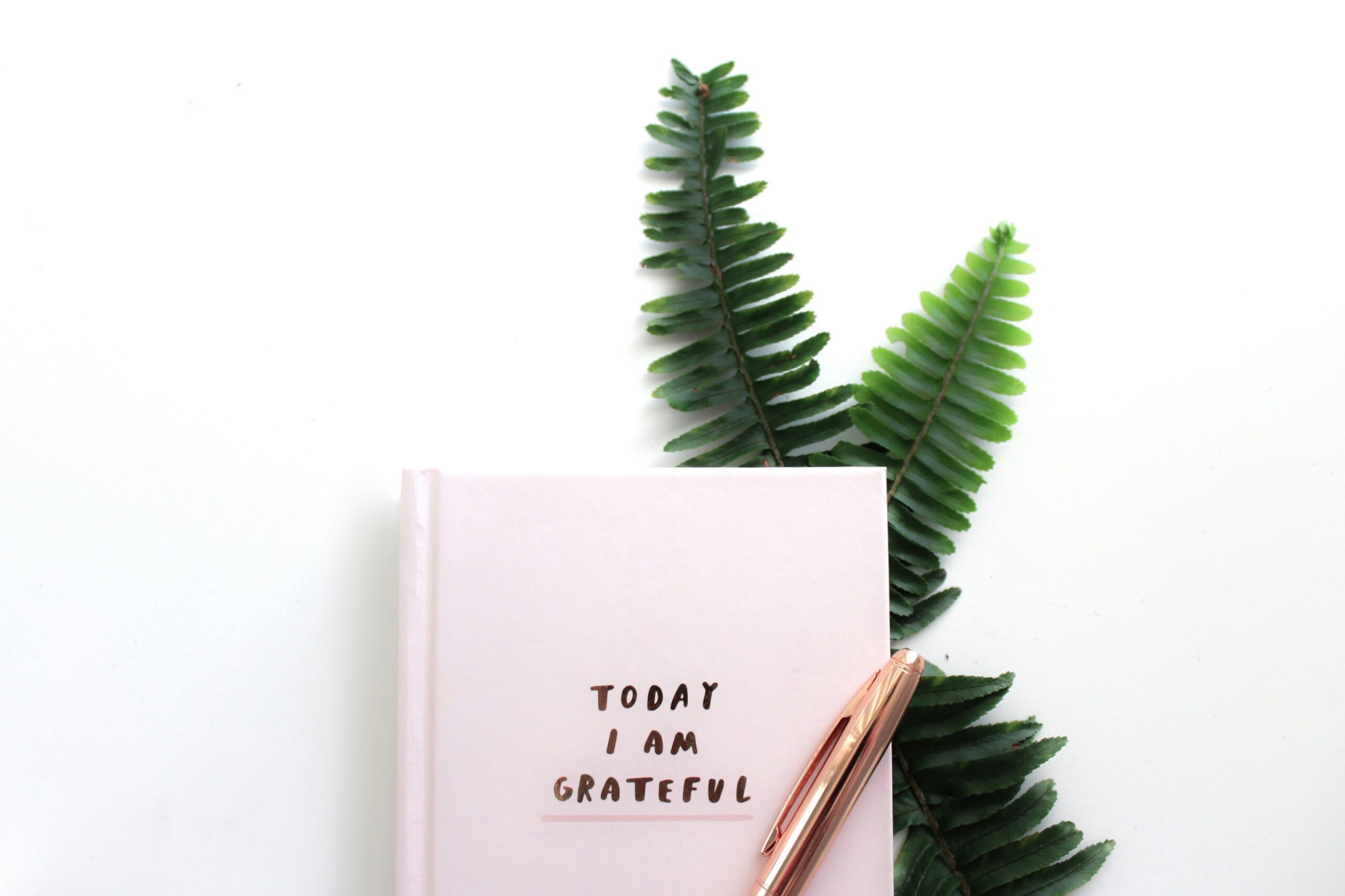Self-acceptance is key to happiness. It fosters personal growth and improvement, boosts self-esteem, and allows one to practice acts of self-love and self-compassion.
Mental health peer educator and graduate school mentor Sukhman Rekhi, M.A., an adjunct professor of Psychology on Women, highlighted its importance for psychological health and overall well-being.
“When we accept ourselves, especially the qualities that we are not always proud of, we have more control over our emotions,” she explained.
According to the expert, it allows one to be more equipped to handle criticisms better and be more confident. On the other hand, she noted how low self-acceptance puts one at a higher risk for experiencing symptoms of anxiety and depression.
“Negative statements that we tell ourselves can thus evolve into feelings of hopelessness, worthlessness, and sadness,” she added.
During these tough times, radical self-acceptance can offer a sense of calm. This is the conscious effort or willingness to allow experiences to come as they are without resisting their outcome or fighting the emotions that may come with them.
“Once we accept that negative situations and feelings are a part of life, we can move through life with greater ease.”
With a clinical and research background which includes extensive work in multicultural counseling, community health psychology, social justice, and women’s issues, Rekhi understands that self-acceptance cannot be mastered in a day. That is completely okay.
“The important thing is to familiarize yourself with the concept and slowly find ways to incorporate it into your life to better support your psychological well-being and promote happiness,” she advised.
Echoing Rekhi, the Benilde Well-Being Center (BWC) of the De La Salle-College of Saint Benilde (DLS-CSB) shared her tips, which were medically reviewed by neuroscientist and science writer Eser Yilmaz, M.S., Ph.D. and published on the digital platform of Berkeley Well-Being Institute.
Here are the tips:
1. Remind yourself that you are a work in progress.
Be kind to yourself in the process of engaging in a new hobby. Mistakes do happen. Trust that you will get better. This will help release the expectation of perfection.
2. View your experiences from a different perspective.

Sometimes, you will find yourself stuck in your feelings. Look at situations with fresh eyes. Find a silver lining. You may realize aspects you have not noticed before.
3. Meditate.

Allow yourself to pay attention to what is going on in your life. Gain clarity regarding your thoughts, actions, and emotions. Practice acceptance without judgment.
4. Keep a gratitude journal.

Write down a few reminders you are thankful for. Shift your focus to a more positive mindset. This will help reduce feelings of lack and negativity. It boosts your ability to accept yourself more mindfully.







